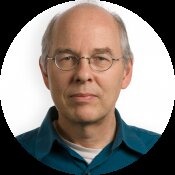
Scientific Coordinator of ASSURE, based at Radboud University Nijmegen Medical Centre, the Netherlands
Breast Cancer Screening





Background image: ASSURE
Portrait of the project coordinator: ASSURE
Timeline (in chronological order): 1913: Albaraa Mehdar on Flickr Creative Commons; 1963: Kaysha on Flickr Creative Commons; 1970s: ASSURE project website; late 1980s: Tips Times on Flickr Creative Commons; 1994: Josh*m on Flickr Creative Commons; 2008: Tips Times on Flickr Creative Commons